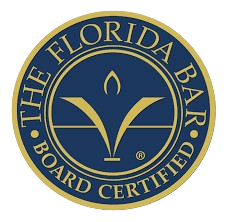Call Now For a Free Consultation. 954-913-2273









Whether it’s from an auto accident, fall, negligent security, sexual assault, medical malpractice (and the list goes on), the type of injuries varies greatly in any given case. Sometimes it’s a broken bone or bones, but often injuries to muscles, tendons, organs, and nerves are much more serious than a broken bone. For example, a brain injury has no broken bones, but it is devastating. The psychological injuries of a sexual trauma may be horribly incapacitating and affect a person’s daily life in profound ways.
Car accidents and falls often cause injuries to the spine, skull, hips, or appendages, whereas a medical malpractice injury may be damage to an organ or excessive scarring.
The most common injuries we see in a car accident case are neck and back injuries. The spine is very fragile and whipping back and forth, the sudden deceleration and acceleration forces of a car crash, can cause serious injury. Many times, we find injuries to the discs in the neck or back on an MRI obtained weeks or months after a crash, even where the initial x-rays showed no defined injury.
Concussions or traumatic brain injuries are also relatively common following a car crash. Even a seemingly minor accident can cause a back-and-forth motion in which the brain hits the skull and causes shearing injuries (called “coup-contra-coup”). With these injuries, people can experience symptoms ranging from headaches to confusion, memory loss, mood disorders, sensitivity to light or sound, nausea, loss of sense of taste or smell, and fatigue. Sometimes it is only the insistence of family members who say “he’s just not the same” that causes further evaluation.
It is extremely important to seek prompt medical care following an injury, and particularly after a car accident. You should be clear and specific with your complaints to your physician, telling them everything that bothers you from your head to your toes. Give your doctor all the pieces to the puzzle so your injuries can be properly addressed.
In Florida, if you are injured through someone else’s fault, whether a car collision, trip and fall, medical malpractice or any other collision that causes an injury, you may be entitled to receive compensation from the at-fault party. This is the very basic principle of our legal system: assigning responsibility for the wrongs. This may mean that the at-fault party may be responsible for your medical bills, past lost wages, future income losses from work, out of pocket expenses, property damage, pain, suffering, mental anguish, scarring, and the loss of enjoyment of life.
While this is the way the system is designed, it unfortunately does not always work. Amazingly, Florida law does not require drivers to carry bodily injury insurance to make sure they can pay for the injury they cause. If the at-fault person has no coverage or assets, there’s no money to get. However, if you purchased uninsured motorist coverage, which covers you when the at-fault driver has no insurance coverage, you may be able to recover from your own insurance company. If there’s no bodily injury coverage and no uninsured motorist coverage, you may be out of luck.
Personal Injury attorneys work to hold the at-fault party responsible for the damage they caused. One of the first things we must begin working on is proving fault. In a rear-end car crash, where the injured person was stopped at a red traffic light, it is pretty straightforward. However, in trip and fall or slip and fall cases, or intersection T-bone crashes, where more than one party can have some measure of responsibility for the accident, it can be far more complicated.
Florida uses a system called comparative fault, where we try to allocate, or compare, fault among all the responsible parties. Picture a pie chart, where each slice represents the degree of fault assigned to a party. In a rear-end car collision, typically, the party that hit the stopped car is 100% at fault and the injured party would be entitled to collect 100% of the damages caused by the crash. However, if the car in front changed lanes and stopped short in front of the behind car, and the front car was found to be 25% at fault and the back car was 75% at fault for the crash, then the front driver would only be entitled to recovery 75% of his proven damages. The same is true for a fall; if you trip over your own feet for no reason, the fault is yours. So, generally, a party with some degree of fault on his own can still recover damages, but they will be discounted or offset by that degree of fault.










For a Free Case Evaluation
For you, this is everything. You were wronged and it wasn’t your fault. At Rader Law Group, we know this. We know that every case we handle represents your life. The path to justice is an emotional one. You are angry and were wronged, and it is our responsibility to protect you and to insist that you get the justice you deserve. With decades of experience, we take those duties very seriously.
quick links
Areas of Practice
Coral Springs
Deerfield Beach
© 2025 Rader Law Group. All Rights Reserved.
Disclaimer: Past results are not a guarantee that we will be able to obtain a similar result for your case since each case is unique. Results represent gross judgement or settlement before any applicable post trial reductions and set offs, the payment of attorney fees, costs, Medicare, Medicaid and medical liens. All results are reflective of judgements or settlements obtained by an attorney at Rader Law Group, and may have been obtained before joining Rader Law Group.